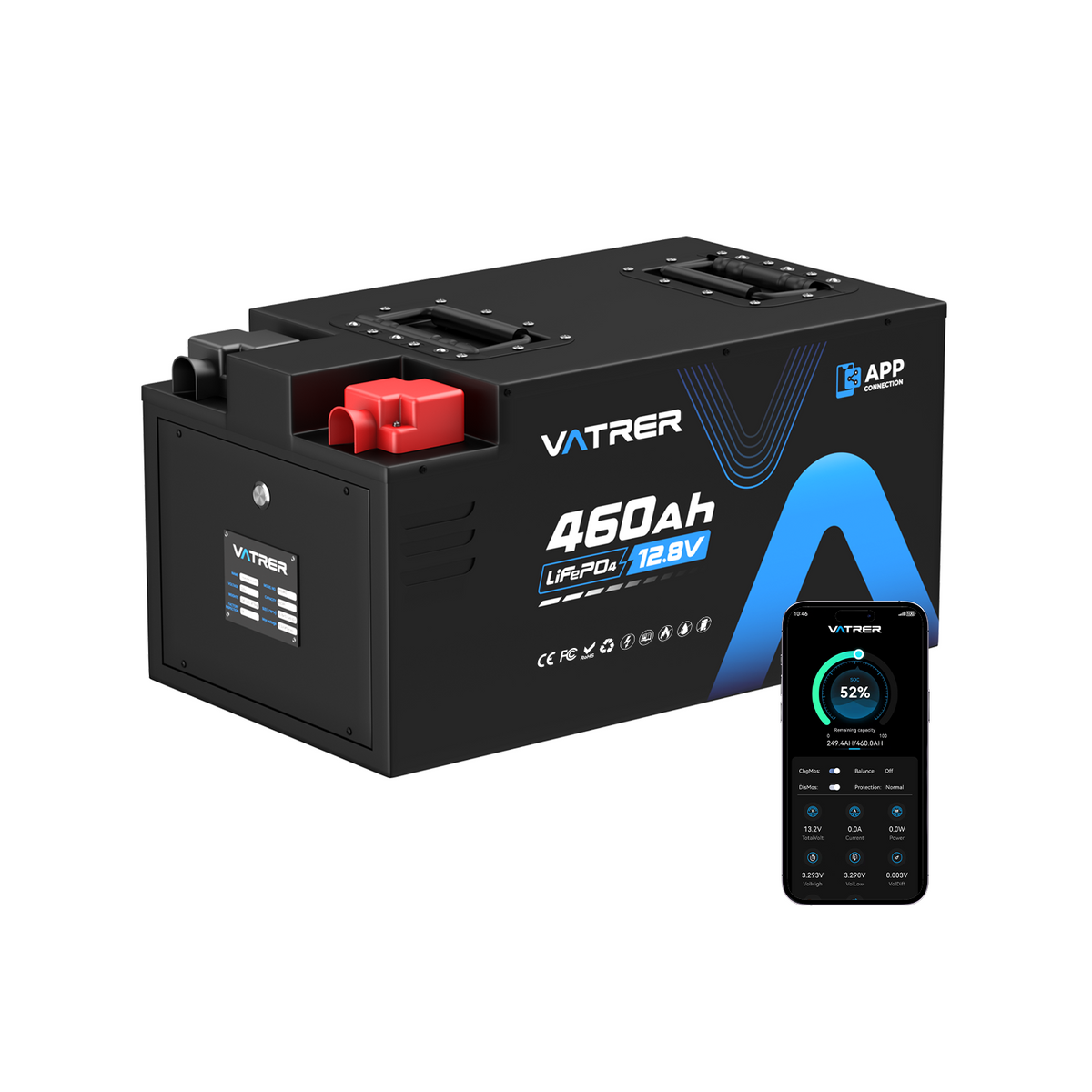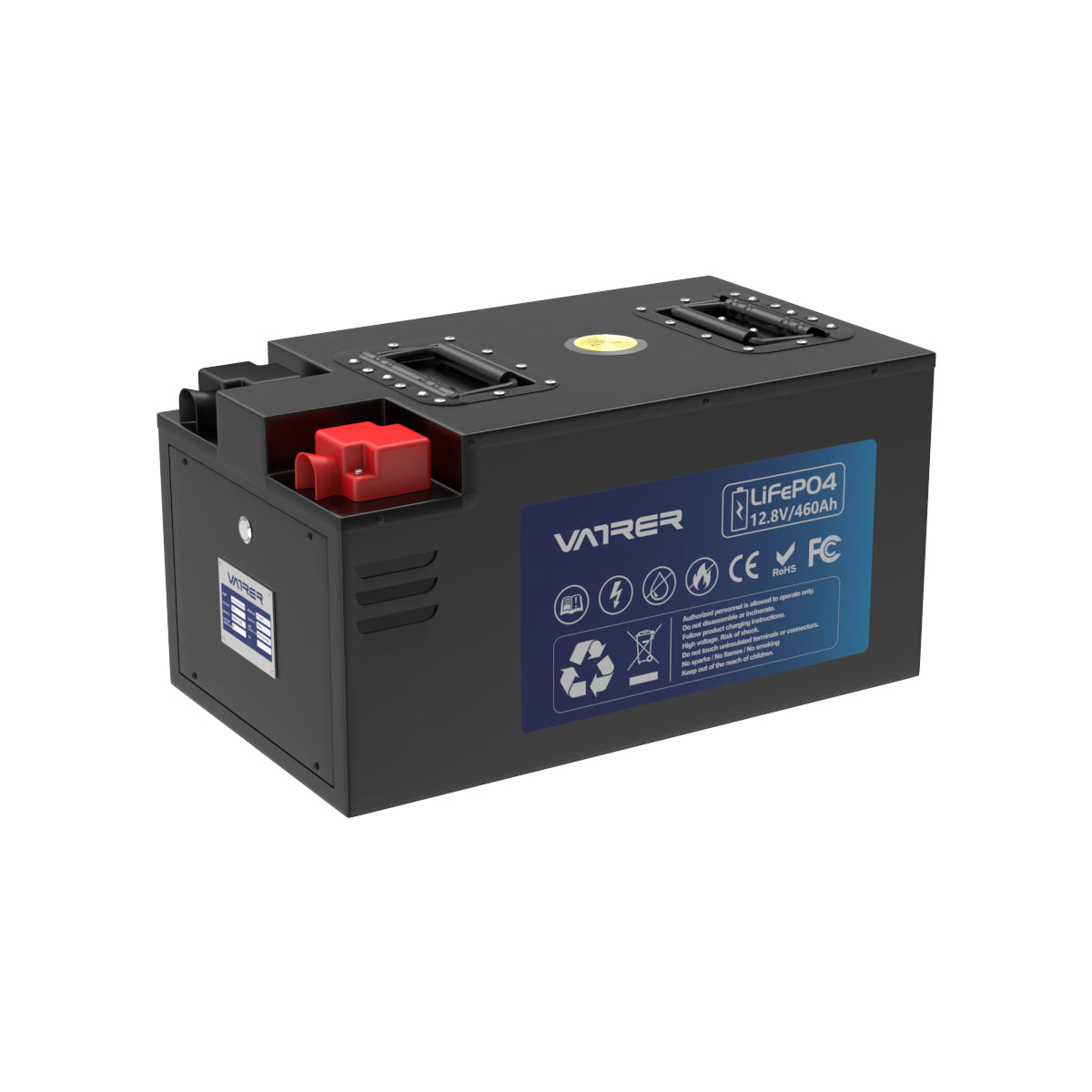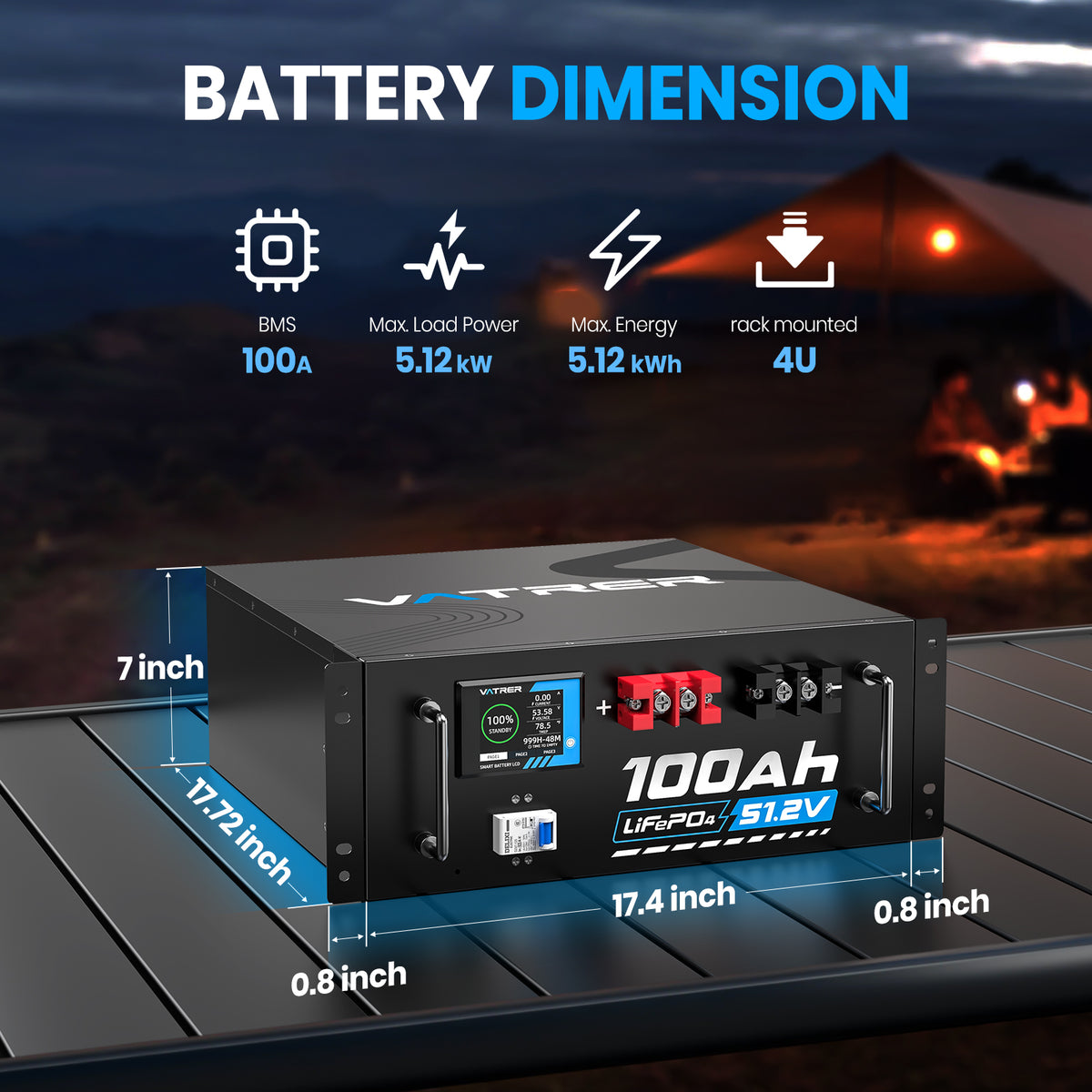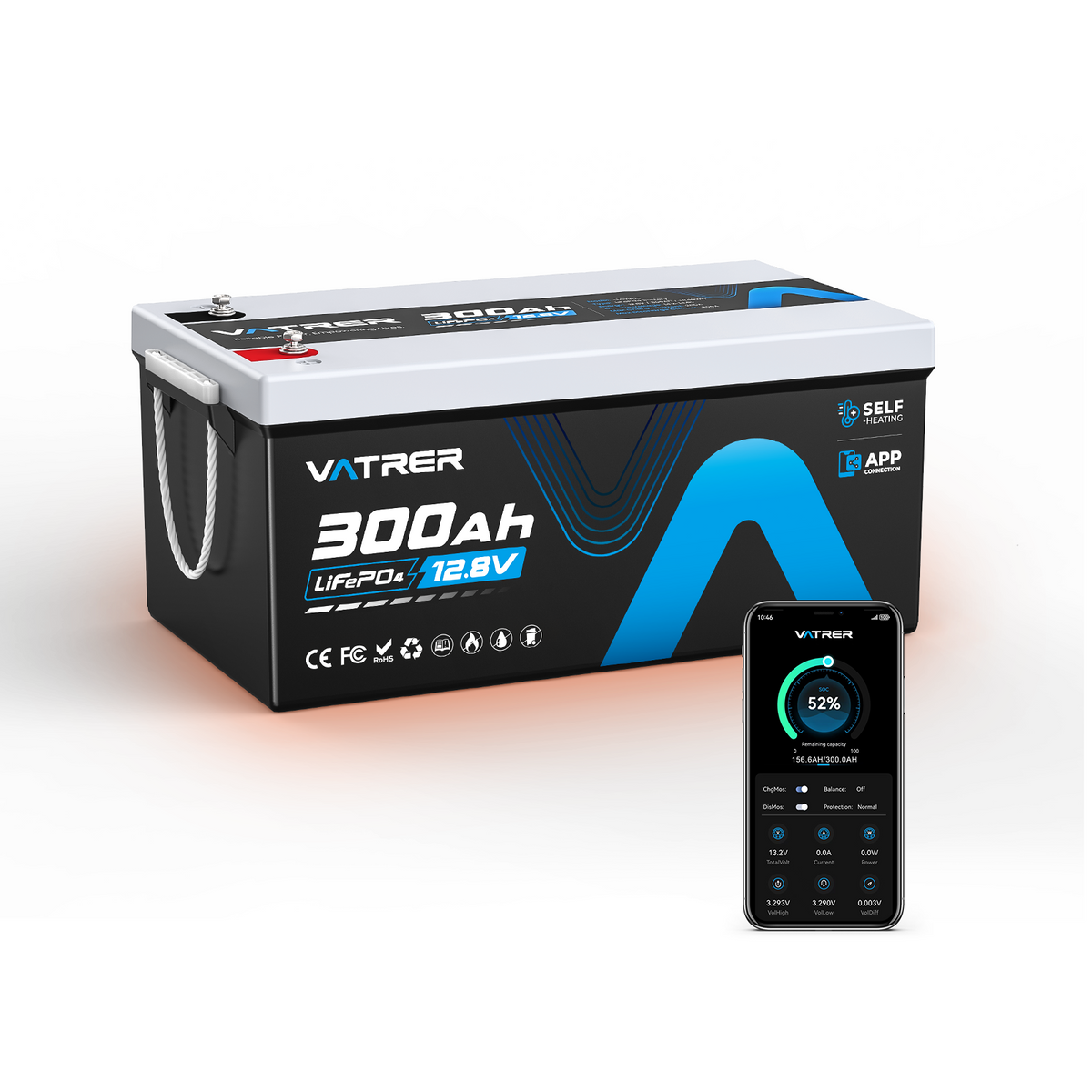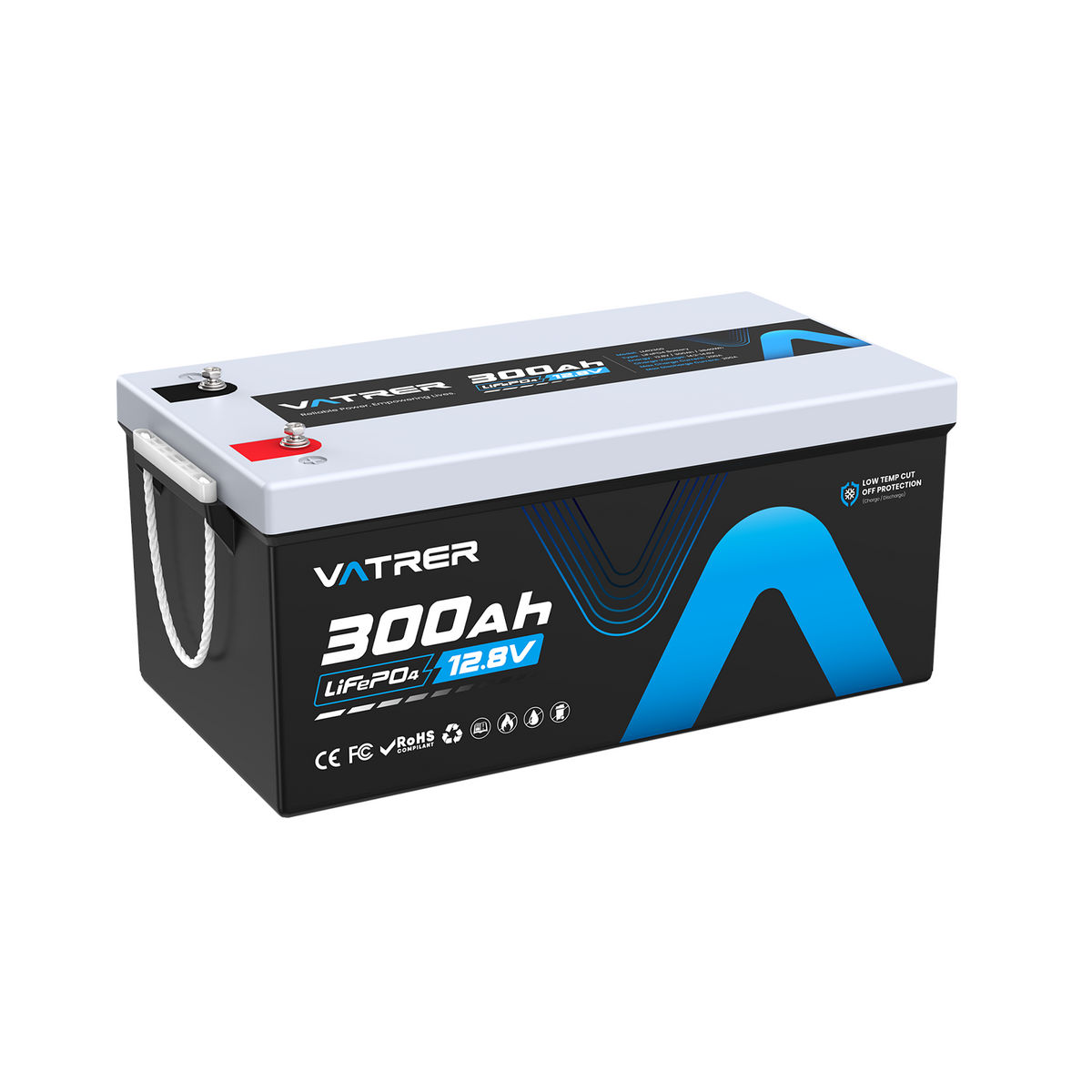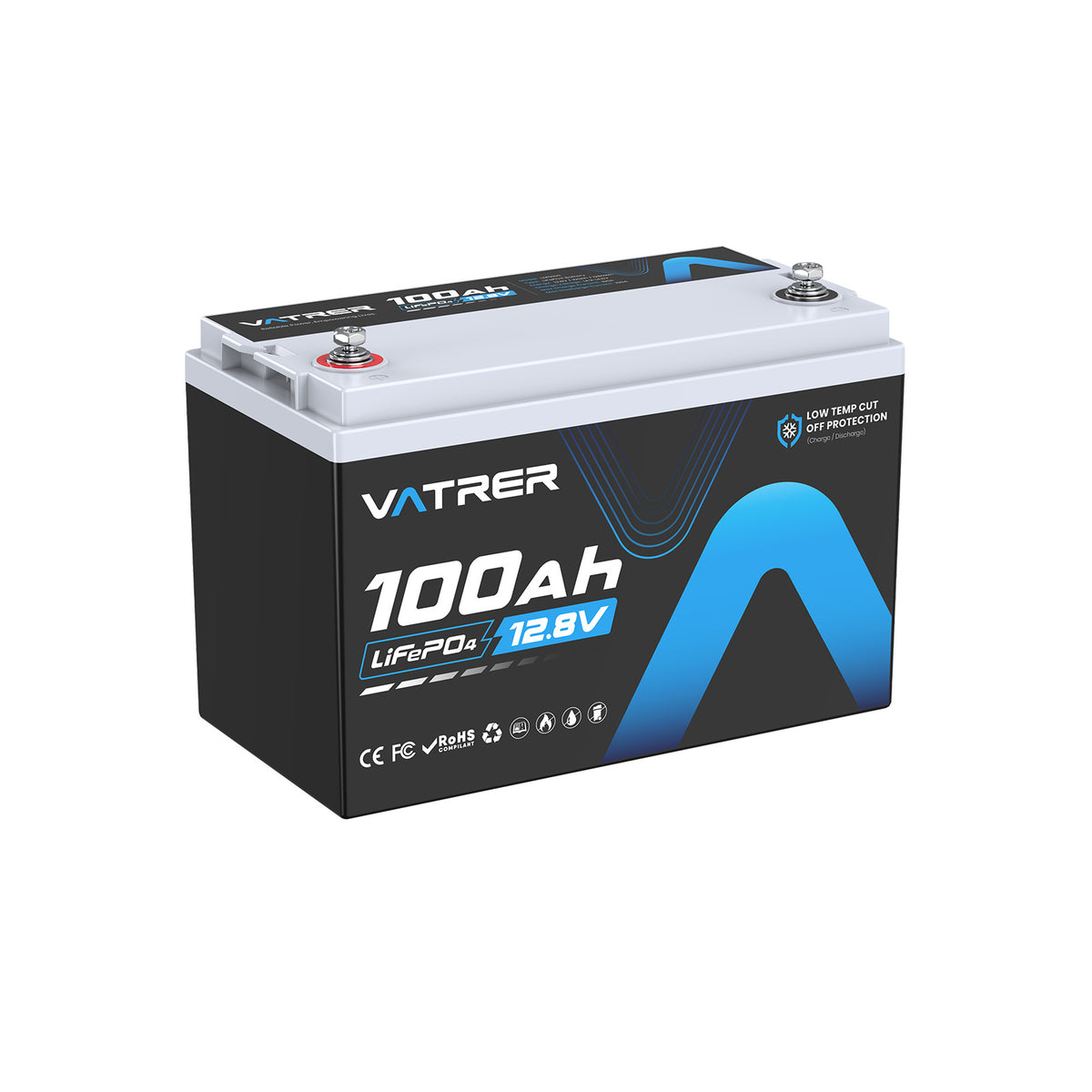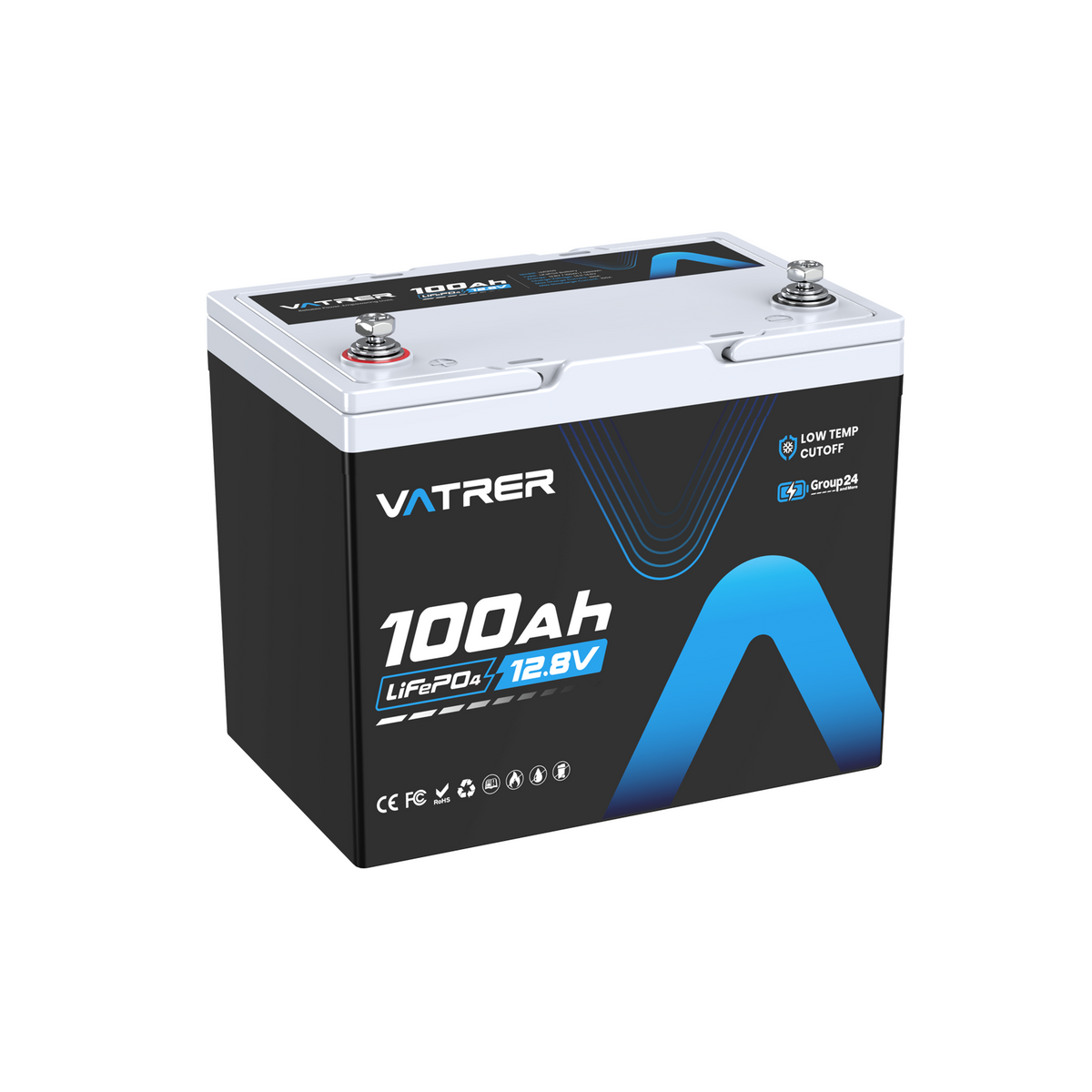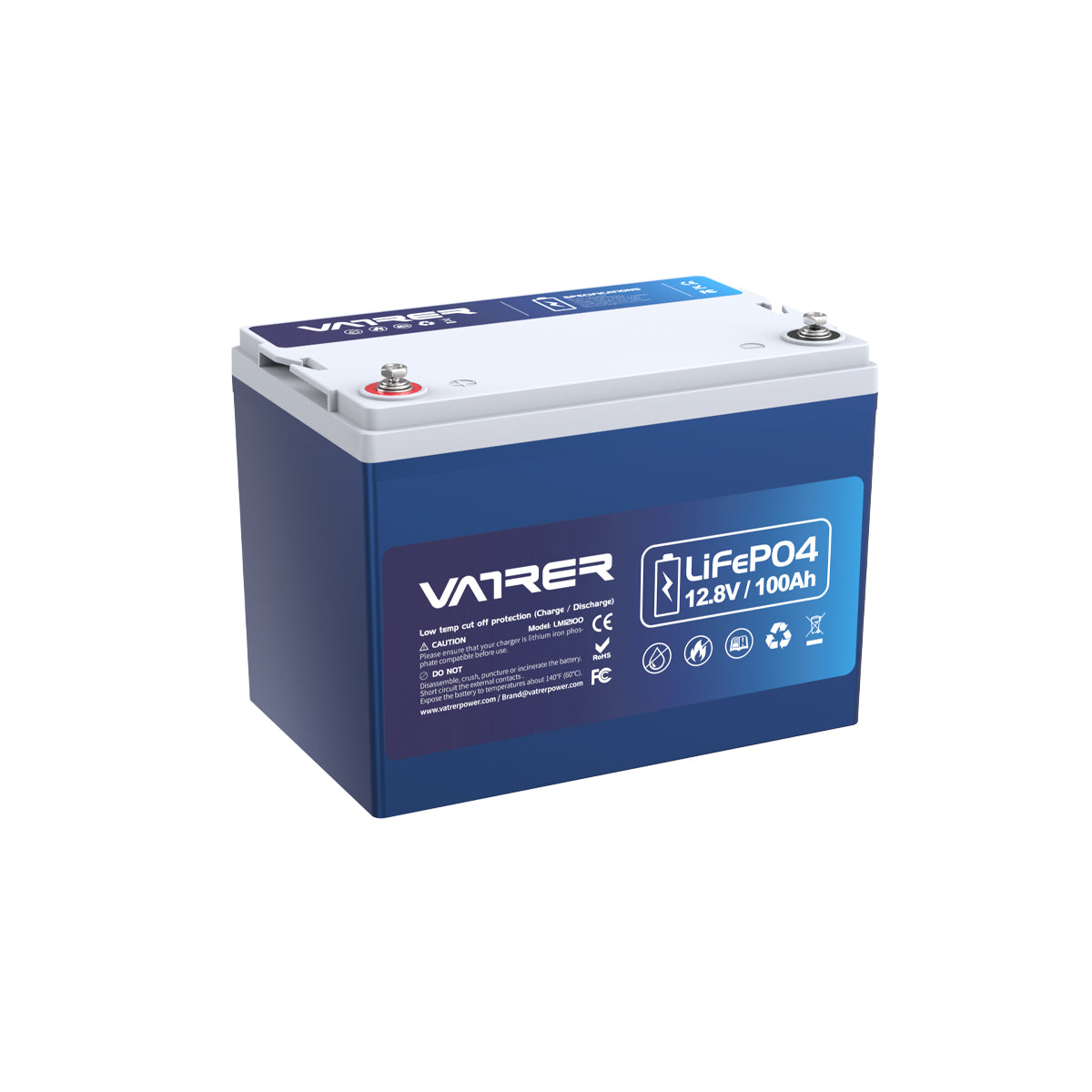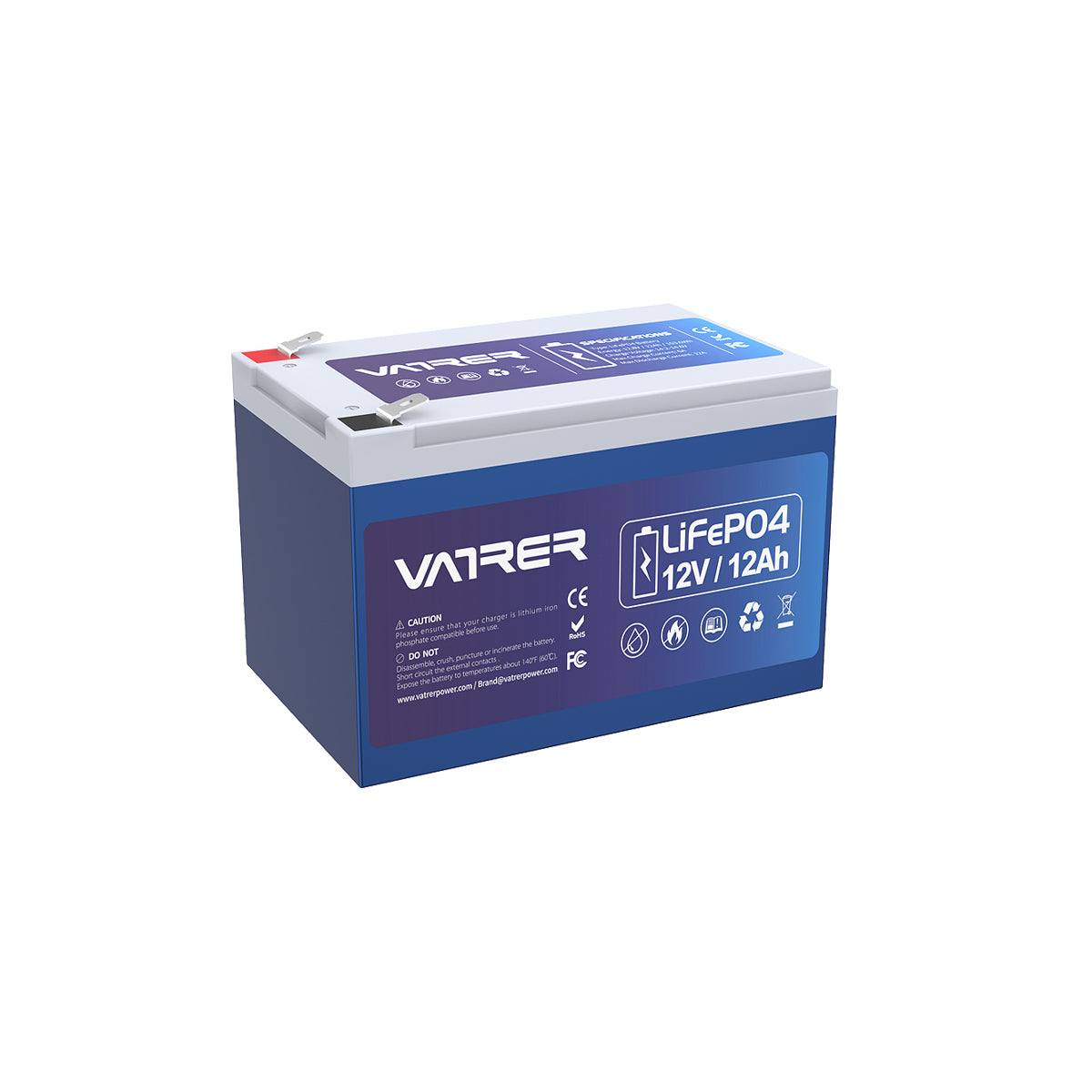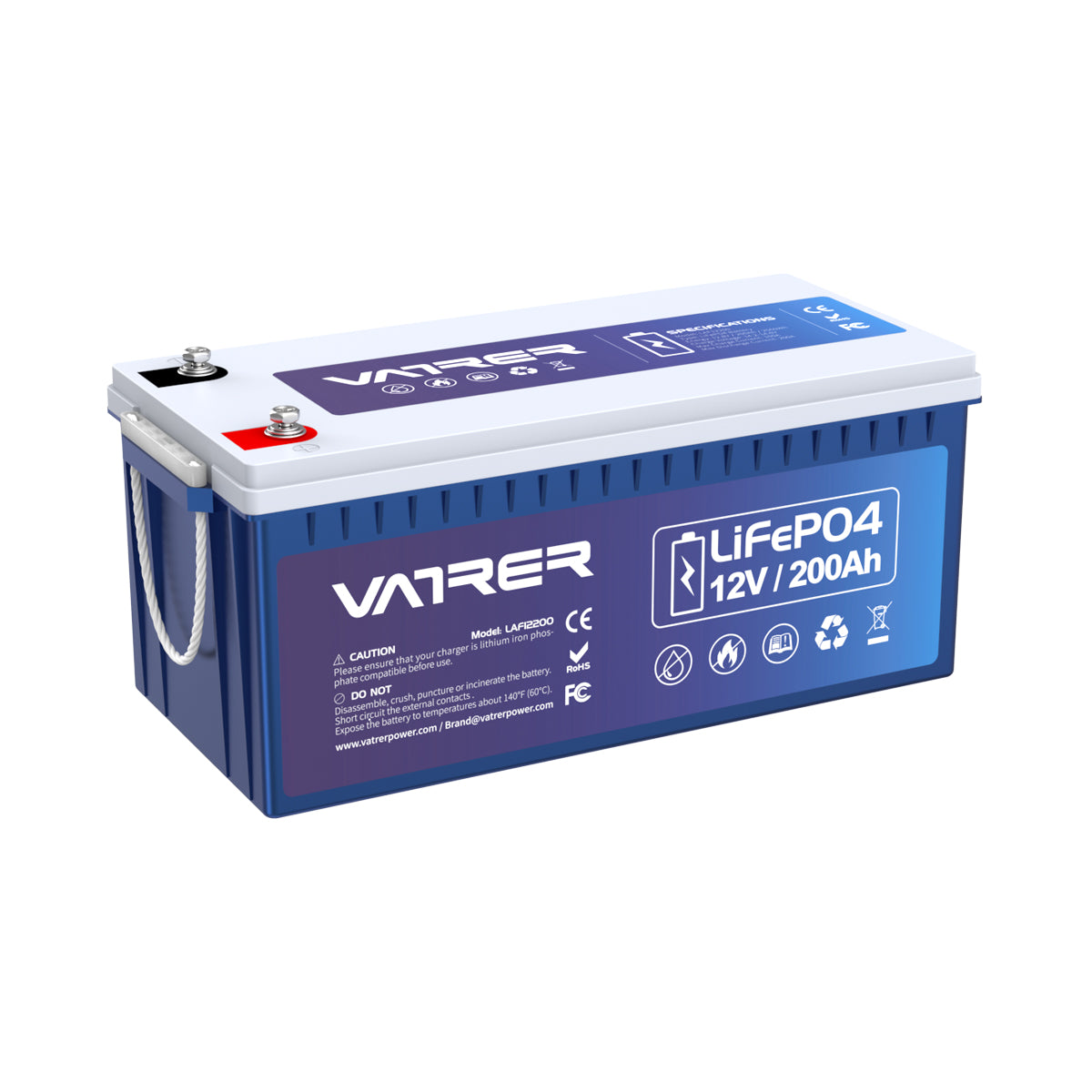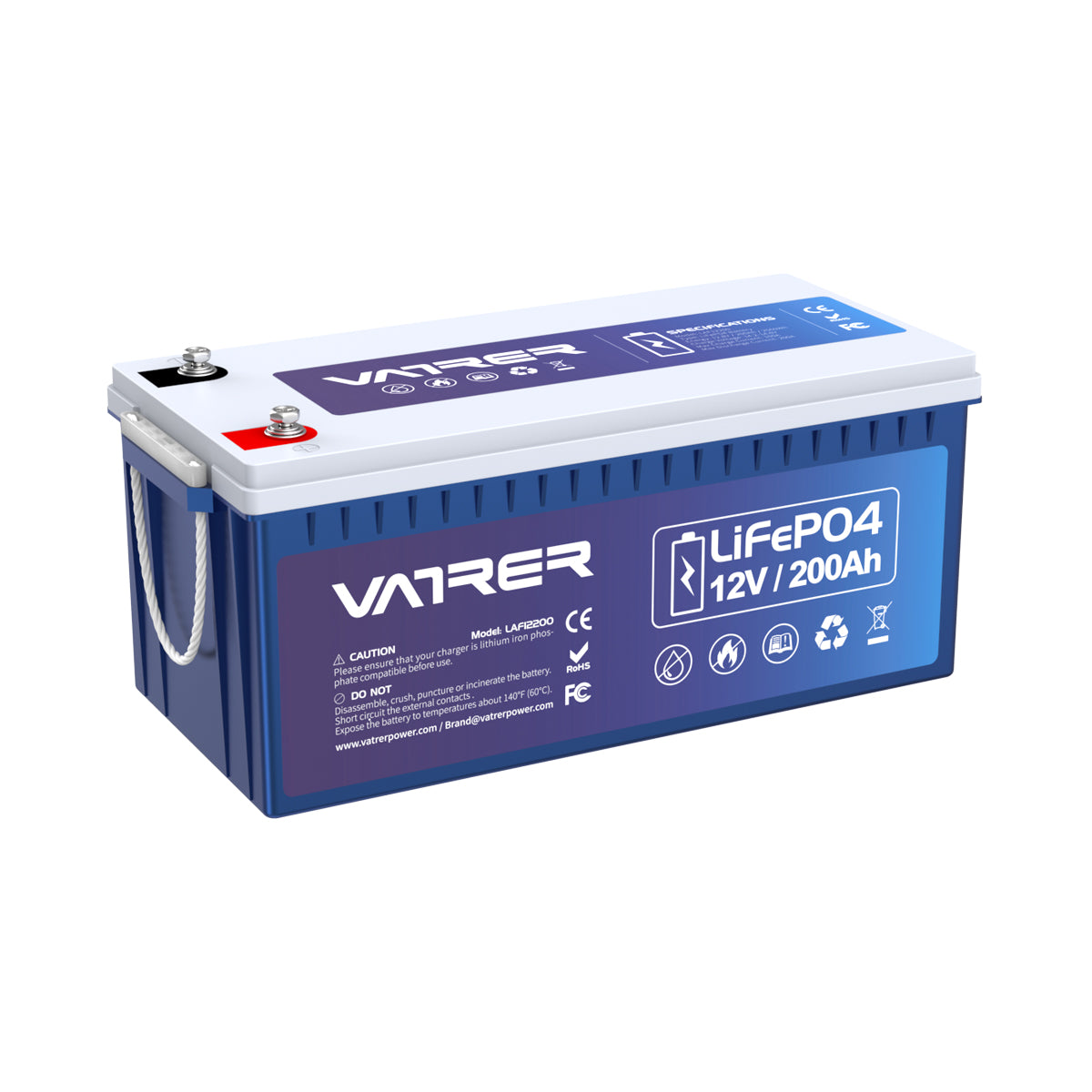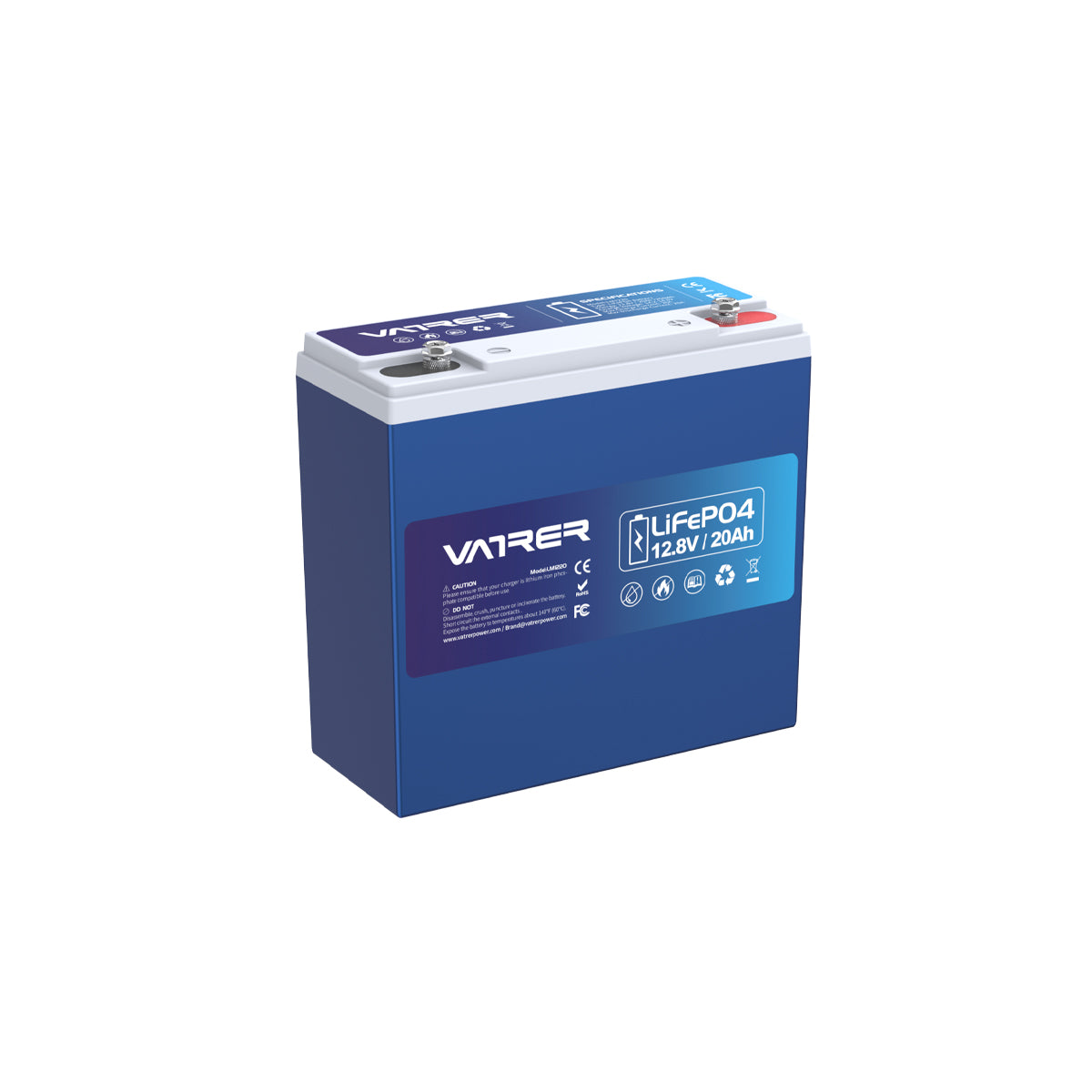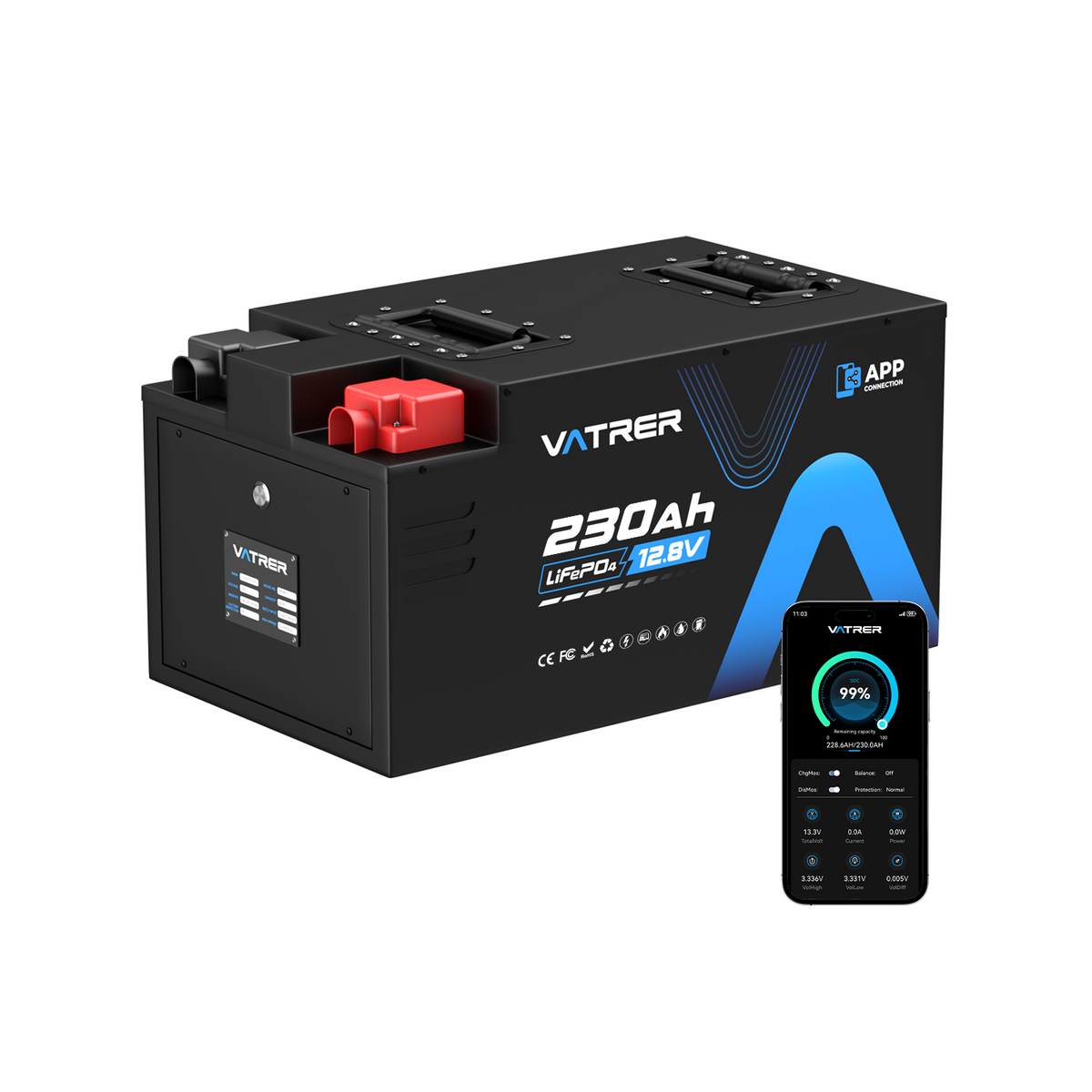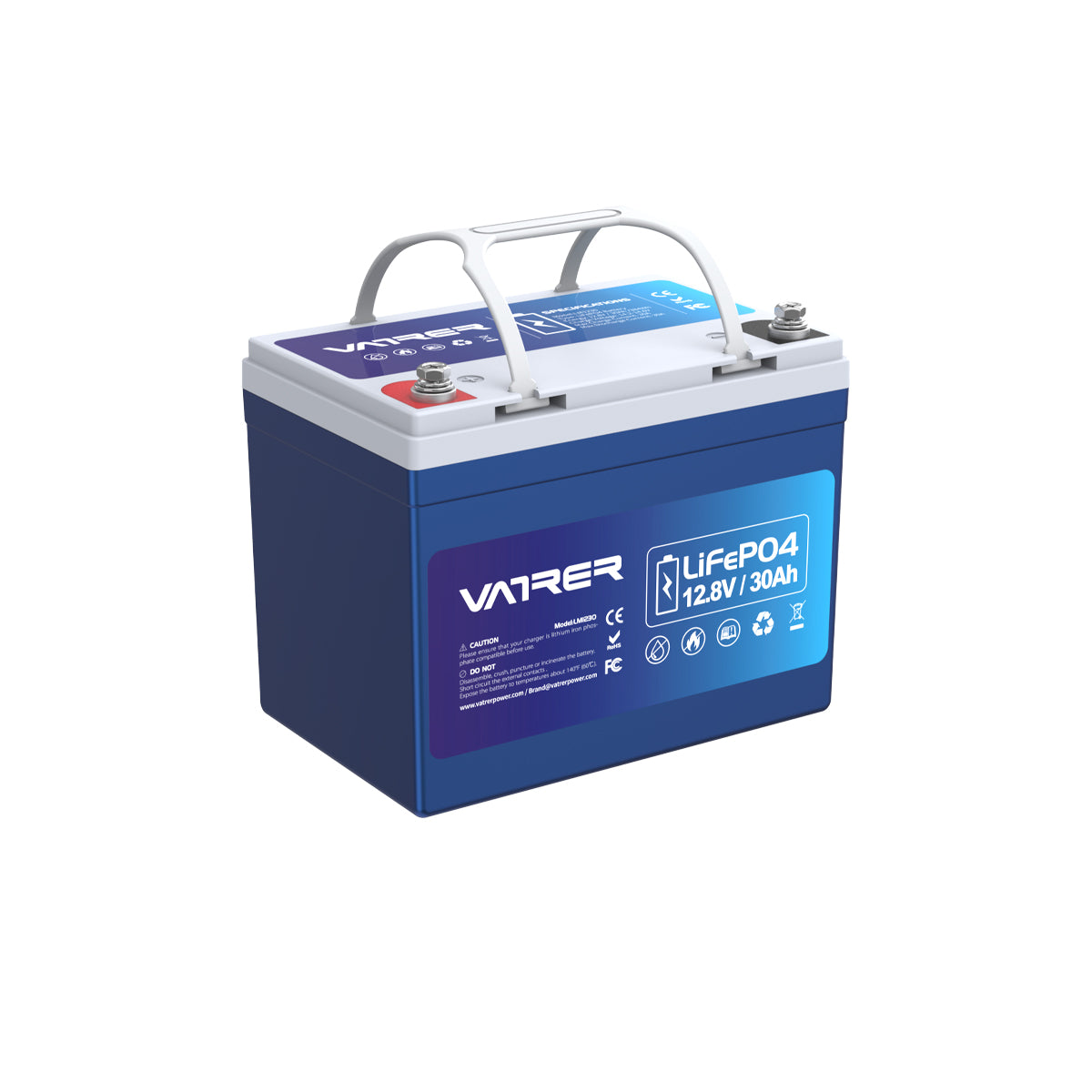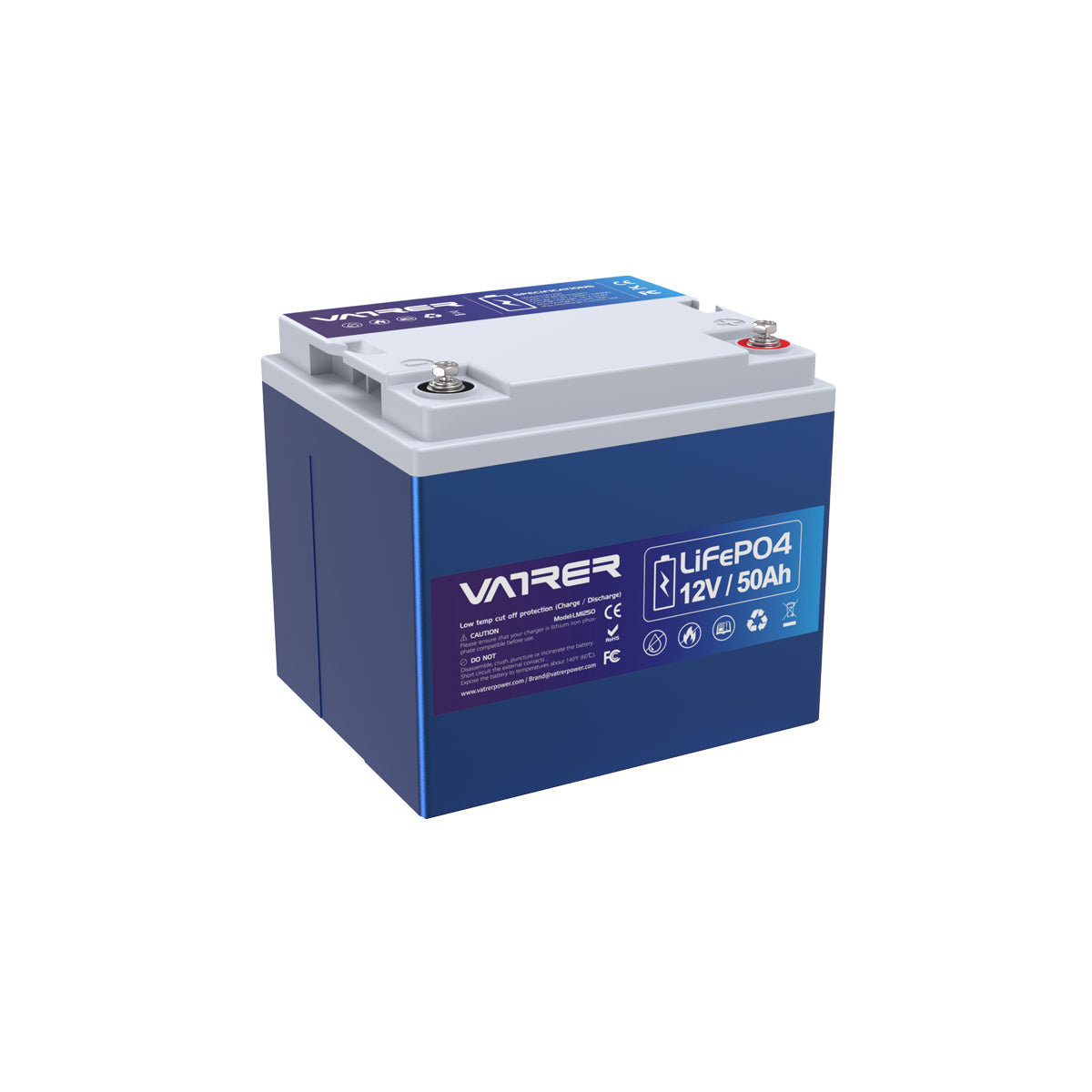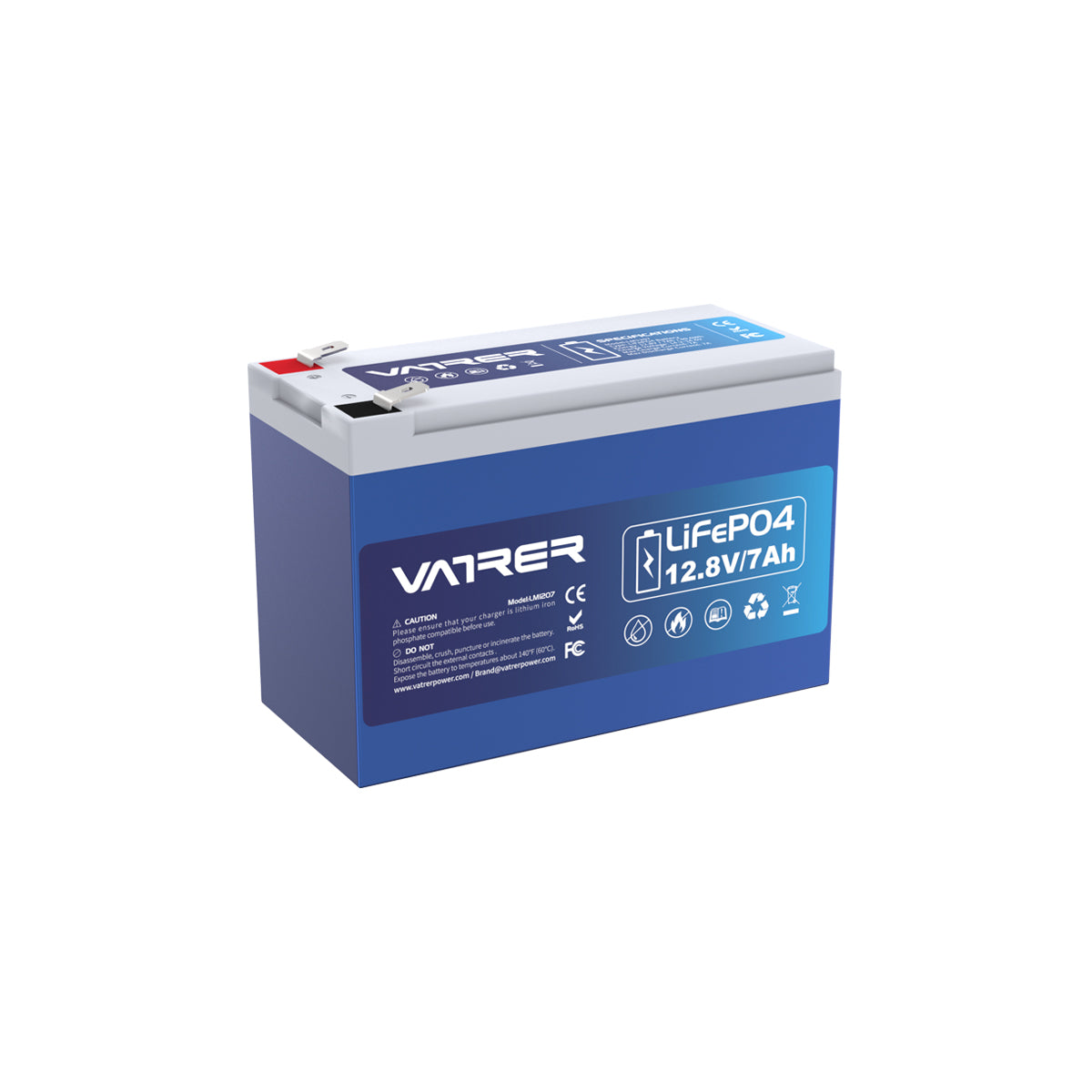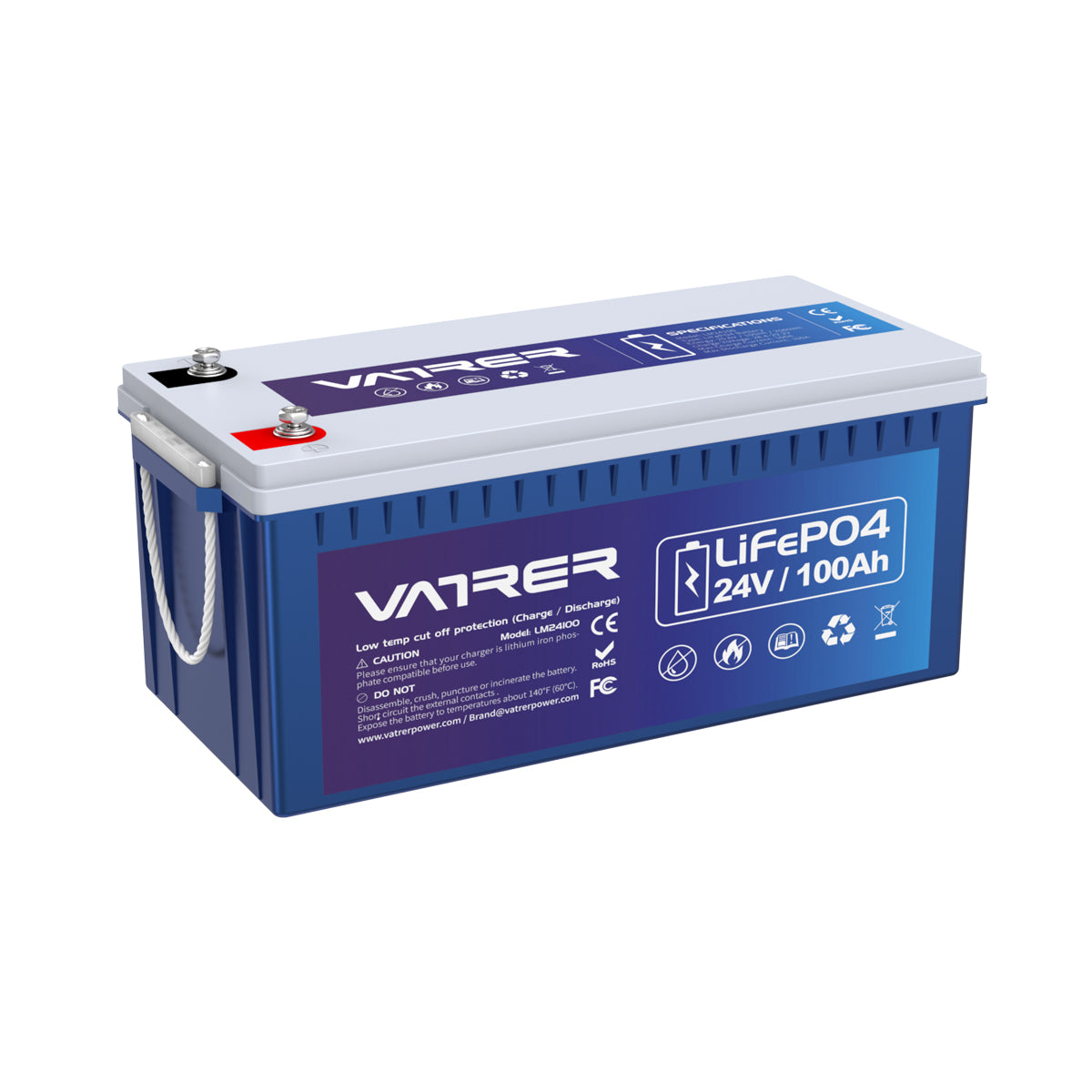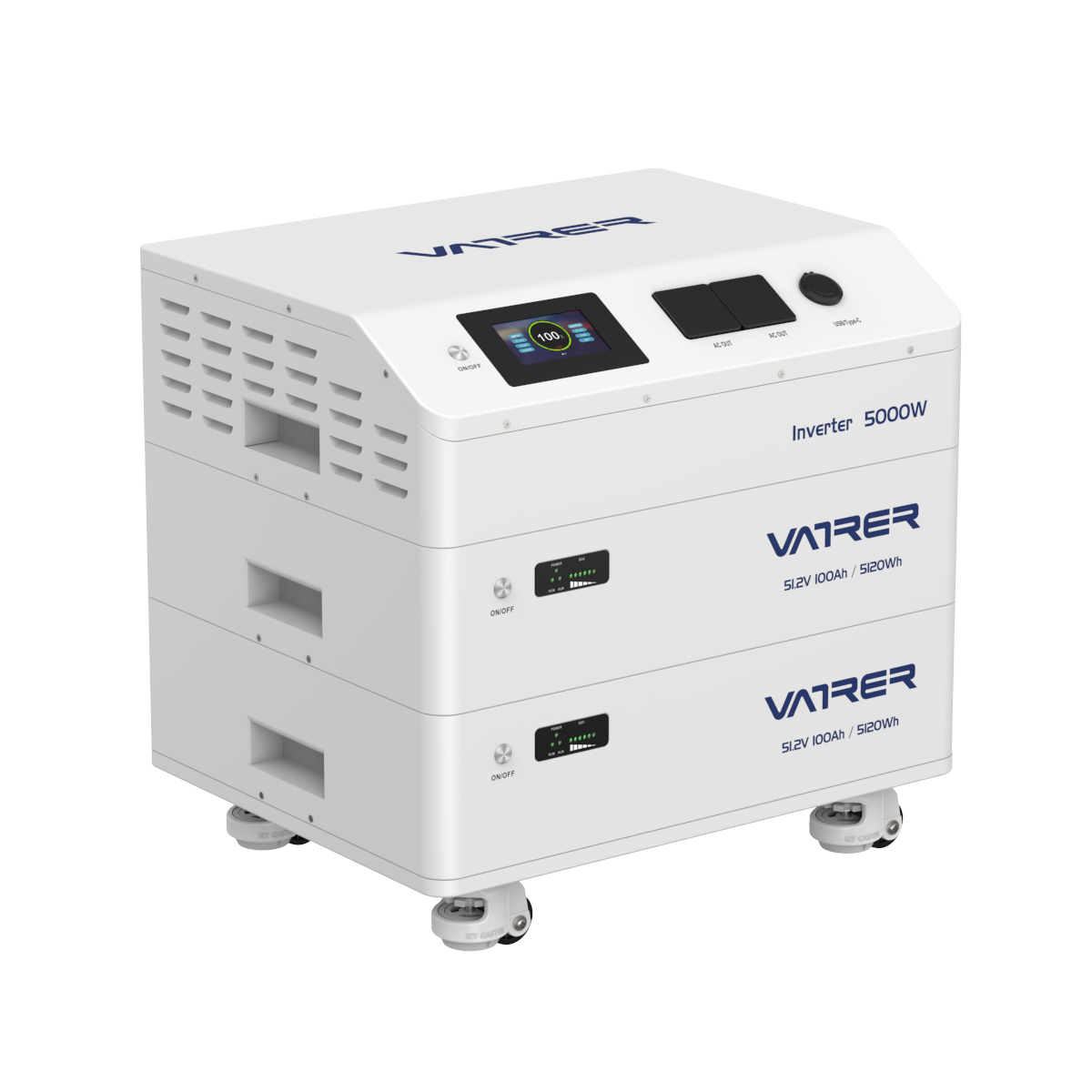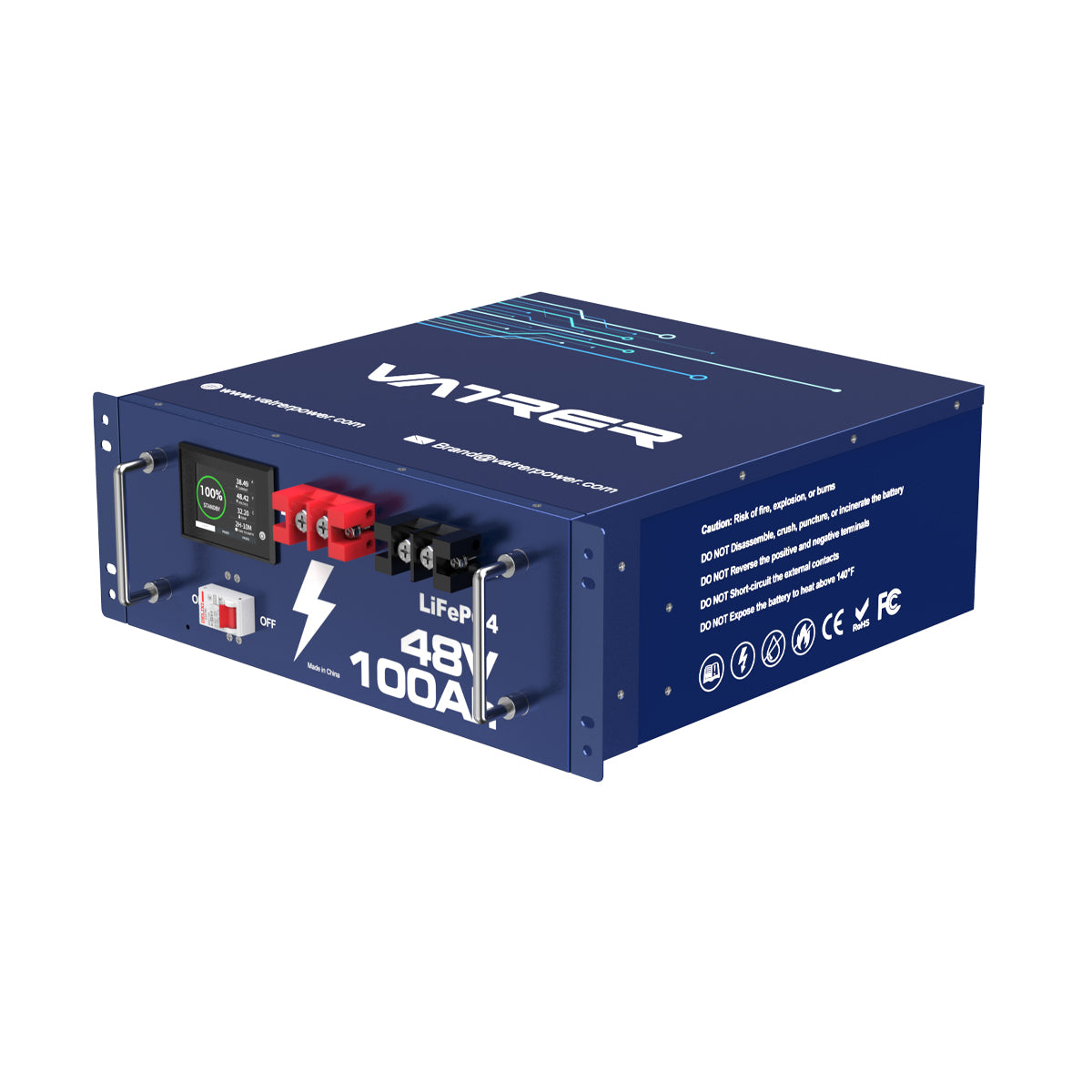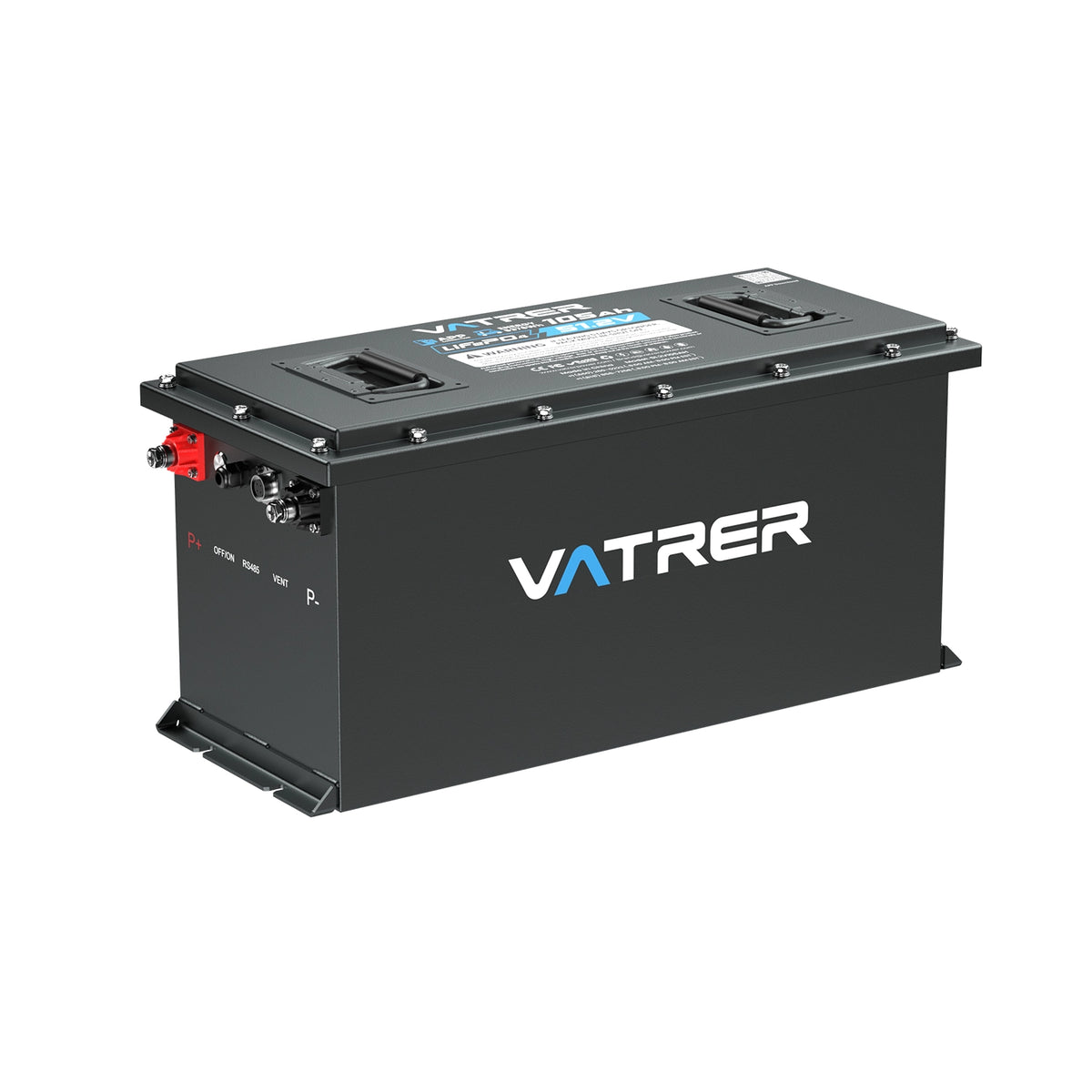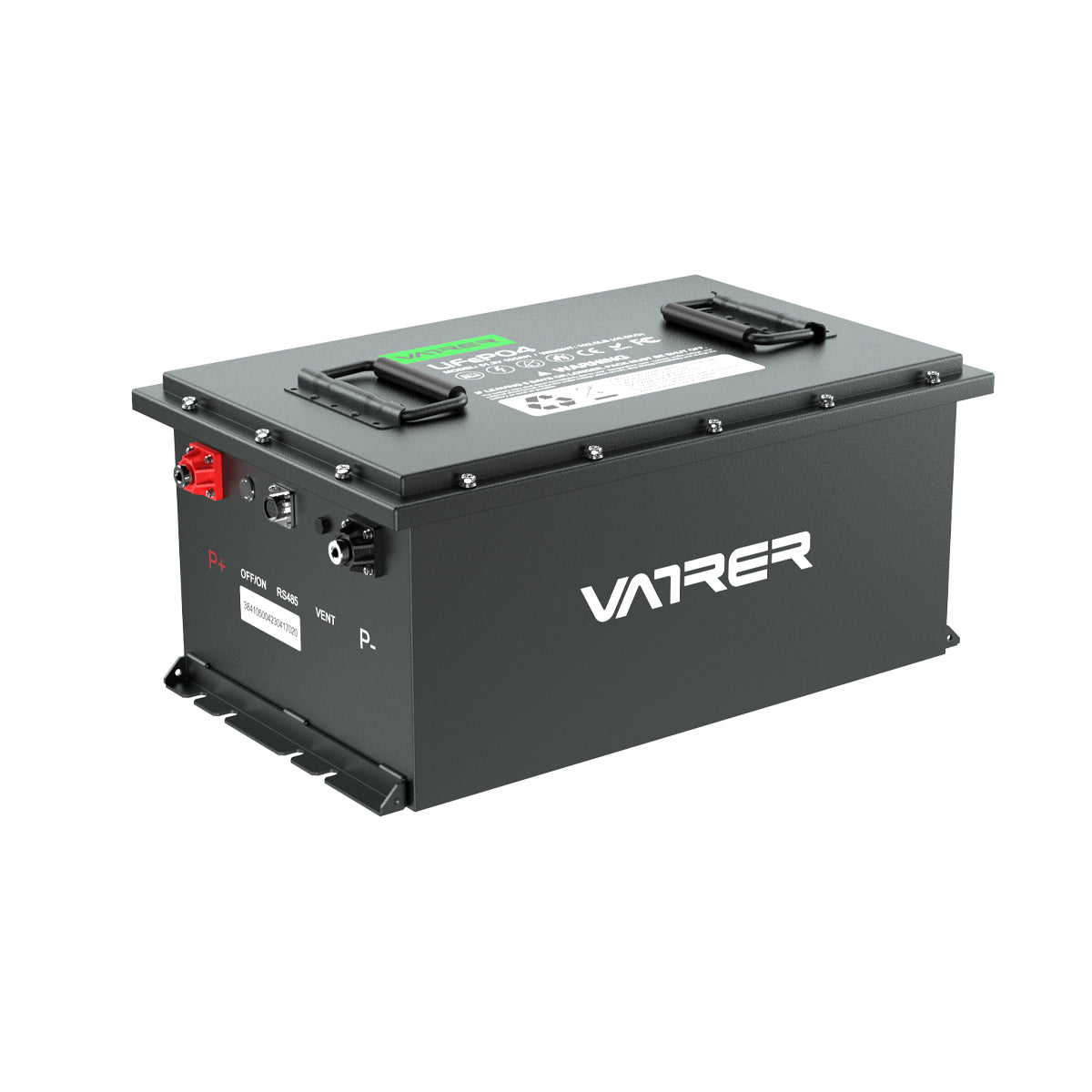Table of Contents
- 1. Introduction
- Importance of Understanding Golf Cart Battery Weight
- Overview of Different Types of Golf Cart Batteries
- 2. Types of Golf Cart Batteries
- 3. Average Weight of Golf Cart Batteries
- Weight Range for 6-Volt Batteries
- Weight Range for 8-Volt Batteries
- Weight Range for Lithium-Ion Batteries
- 4. Factors Influencing Battery Weight
- 5. Implications of Battery Weight
- 6. Conclusion
1. Introduction
Understanding the weight of golf cart batteries is crucial for both manufacturers and users. The weight of a battery affects not only the performance and efficiency of the golf cart but also its handling and transportation. As golf carts become more popular for recreational and utility purposes, knowing the specifics of battery weight can aid in making informed decisions about battery selection and maintenance.

Importance of Understanding Golf Cart Battery Weight
The weight of a golf cart battery is a significant factor in determining the overall weight of the cart, which in turn affects its speed, range, and maneuverability. A heavier battery can provide more power and longer usage time but may also slow down the cart and make it harder to handle. Conversely, a lighter battery might enhance speed and ease of handling but could compromise on power and longevity.
Overview of Different Types of Golf Cart Batteries
Golf cart batteries come in various types, each with distinct characteristics that influence their weight. The most common types are lead-acid and lithium-ion batteries. Each type has its advantages and disadvantages, which are reflected in their weight, cost, and performance.
2. Types of Golf Cart Batteries
Lead-Acid Batteries
Lead-acid batteries are the traditional choice for golf carts. They are known for their reliability and cost-effectiveness. These batteries consist of lead plates submerged in a sulfuric acid solution, which makes them relatively heavy. The weight of lead-acid batteries typically ranges from 50 to 80 pounds per unit, depending on the voltage and capacity.
Lithium-Ion Batteries
Lithium-ion batteries are a newer technology that offers several advantages over lead-acid batteries, including lighter weight, longer lifespan, and faster charging times. These batteries are composed of lithium ions that move between the anode and cathode, providing energy. A typical lithium-ion battery for a golf cart weighs significantly less than a lead-acid battery, often between 25 to 50 pounds.
Comparison of Battery Types
When comparing lead-acid and lithium-ion batteries, several factors come into play, including weight, cost, maintenance, and performance. Lead-acid batteries are heavier and require regular maintenance, such as checking fluid levels and cleaning terminals. In contrast, lithium-ion batteries are lighter, require less maintenance, and have a longer lifespan, but they are more expensive upfront.
3. Average Weight of Golf Cart Batteries
Weight Range for 6-Volt Batteries
6-volt batteries are commonly used in golf carts, especially in configurations that require multiple batteries to achieve the desired voltage. The average weight of a 6-volt lead-acid battery is around 60 pounds, while a 6-volt lithium-ion battery can weigh as little as 25 pounds.
Weight Range for 8-Volt Batteries
8-volt batteries are another popular choice for golf carts, offering a balance between power and weight. Lead-acid 8-volt batteries typically weigh between 65 to 77 pounds. In contrast, lithium-ion 8-volt batteries are lighter, usually weighing between 30 to 40 pounds.
Weight Range for Lithium-Ion Batteries
Lithium-ion batteries, regardless of voltage, are generally lighter than their lead-acid counterparts. A 48-volt lithium-ion battery system, for example, can weigh between 100 to 150 pounds, significantly less than a comparable lead-acid system.
4. Factors Influencing Battery Weight
Battery Capacity and Size
The capacity and size of a battery directly influence its weight. Higher capacity batteries, which store more energy, tend to be larger and heavier. However, advancements in battery technology are enabling higher capacities without a proportional increase in weight, particularly in lithium-ion batteries.
Material Composition
The materials used in battery construction also affect weight. Lead-acid batteries, with their heavy lead plates, are inherently heavier than lithium-ion batteries, which use lighter materials like lithium and carbon.
Technological Advancements
Technological advancements continue to reduce the weight of golf cart batteries. Innovations in battery chemistry and design are leading to lighter, more efficient batteries that do not compromise on performance or capacity.
5. Implications of Battery Weight
Impact on Golf Cart Performance
The weight of the battery affects the overall performance of the golf cart. Heavier batteries can reduce speed and increase energy consumption, while lighter batteries can enhance acceleration and efficiency. The choice of battery weight should align with the intended use of the golf cart, whether for leisurely rides or more demanding tasks.
Considerations for Transportation and Handling
Battery weight is also a critical factor in transportation and handling. Heavier batteries require more effort to install and replace, and they may necessitate stronger support structures within the golf cart. Lighter batteries, on the other hand, are easier to handle and can reduce wear and tear on the cart's frame and suspension.
6. Conclusion
Summary of Key Points
In summary, the weight of golf cart batteries varies significantly depending on the type and capacity. Lead-acid batteries are heavier but more affordable, while lithium-ion batteries offer a lighter, more efficient alternative at a higher cost. Understanding the implications of battery weight on performance and handling is essential for making informed decisions about battery selection.
Future Trends in Golf Cart Battery Technology
Looking ahead, the trend in golf cart battery technology is towards lighter, more efficient batteries with longer lifespans. As research and development continue, we can expect further advancements in battery materials and design, leading to even lighter and more powerful batteries. These innovations will enhance the performance and versatility of golf carts, making them an even more attractive option for a wide range of applications.











